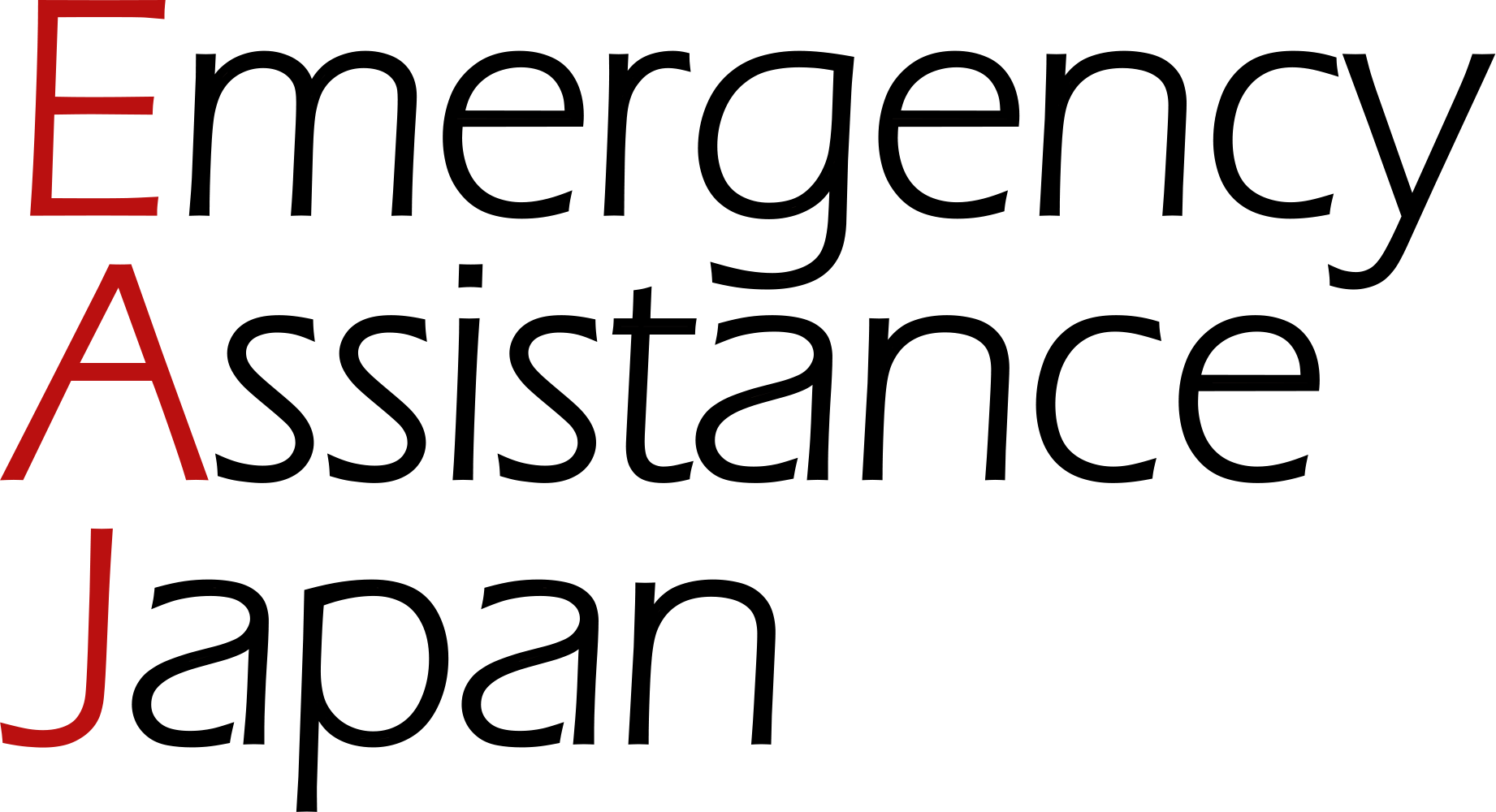Gastrointestinal cancer(Liver cancer)
- HOME
- Cancer(View by Body Part)
- Gastrointestinal cancer(Liver cancer)
- What is Liver Cancer?
What is Liver Cancer?
23.09.30
Hepatocellular carcinoma refers to cancer that forms in the liver, and hepatocellular carcinoma refers to cancerous transformation of hepatocytes, the main cells of the liver. The liver is usually referred to as a “silent organ,” and even when inflammation, cancer, or other diseases are present, few subjective symptoms appear in the early stages. Chronic inflammation and cirrhosis of the liver often contribute to the development of hepatocellular carcinoma. Therefore, if abnormal liver function or hepatitis virus infection is indicated, it is important to first consult an internist, gastroenterologist, or other nearby health care provider. The four main causes of liver cancer are
Viral infections:
Hepatitis B virus (HBV) and hepatitis C virus (HCV) infections are among the leading causes of liver cancer.
Alcohol:
Prolonged chronic alcohol consumption increases the risk of liver cancer.
Fatty Liver:
Fatty liver or non-alcoholic steatohepatitis (NASH) may increase the risk of liver cancer.。
Cirrhosis:
Chronic inflammation and linear fibrosis (cirrhosis) of the liver increases the risk of developing liver cancer.
An example of a proposed treatment for liver cancer
Surgery:
When detected early and with limited spread to surrounding tissues, surgery is one of the most effective treatment options.
Hepatic resection
The cancerous area or part of the liver is removed. The remaining liver must be fully functional.
Liver transplantation
If the cancer has spread to the entire liver, a liver transplant is considered. A new liver is transplanted from a donor.
Locoregional Therapies:
Organ preservation therapy for liver cancer is used when surgery is not possible or for transplantation during the waiting period.
Radiofrequency ablation, RFA
An electrode is inserted into the tumor and a high-frequency current is used to cauterize the tumor.
Transarterial chemoembolization, TACE
Use drugs and embolization materials to cut off the tumor’s blood supply.
Radiation Therapy:
Radiation therapy uses high-energy X-rays or protons to destroy cancer cells. It is primarily used to relieve symptoms of advanced cancer.
Chemotherapy:
Uses anticancer drugs to attack cancer cells and inhibit their growth. May not be very effective for liver cancer, but may be indicated for some patients.
Targeted Therapy:
Targeted therapy uses drugs that are specific to cancer cells. It may be effective against certain variants of liver cancer.
Liver cancer is difficult to treat because it progresses quickly and is often difficult to detect in its early stages.
